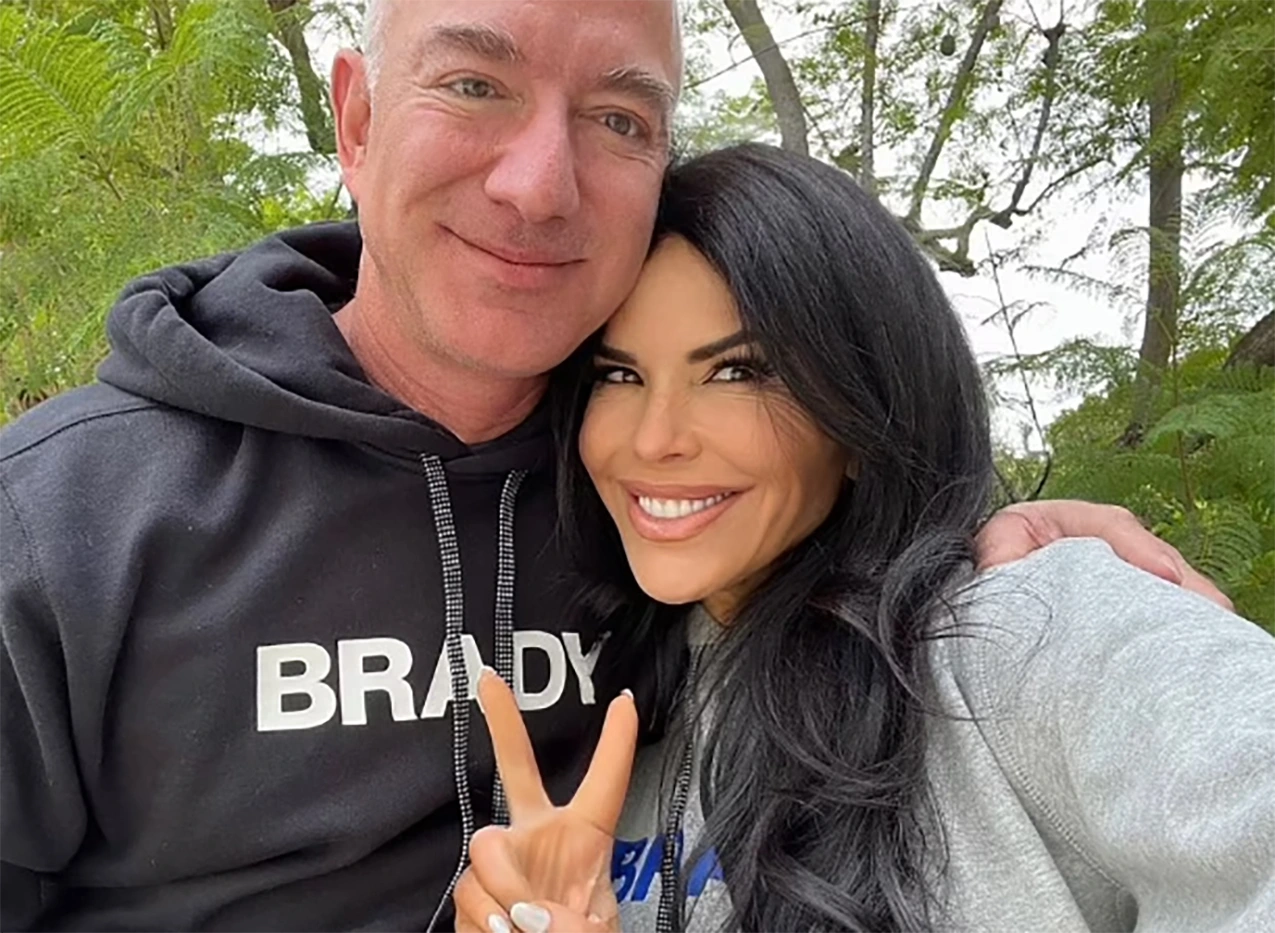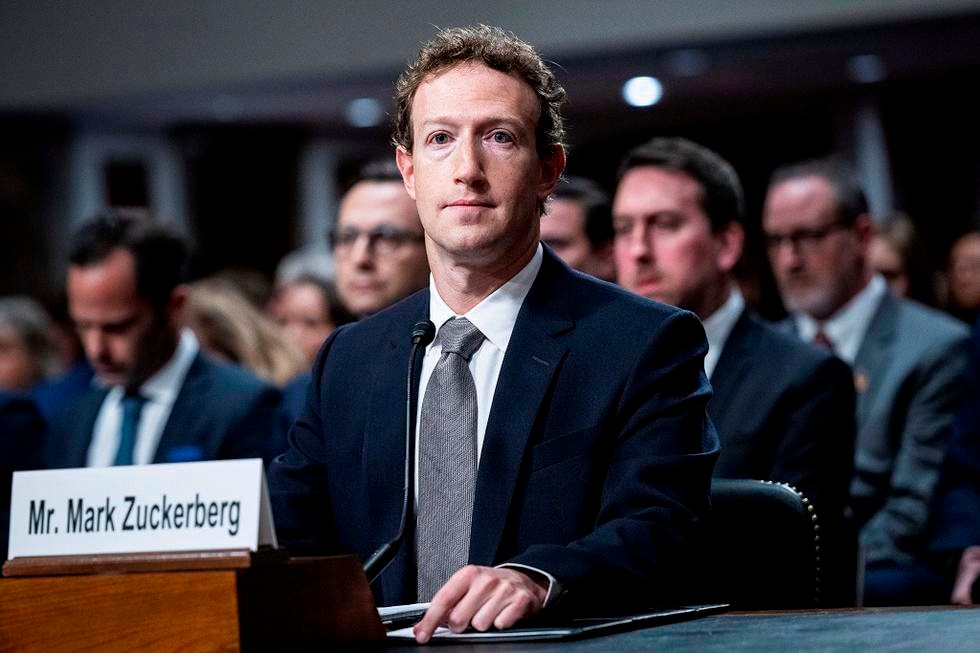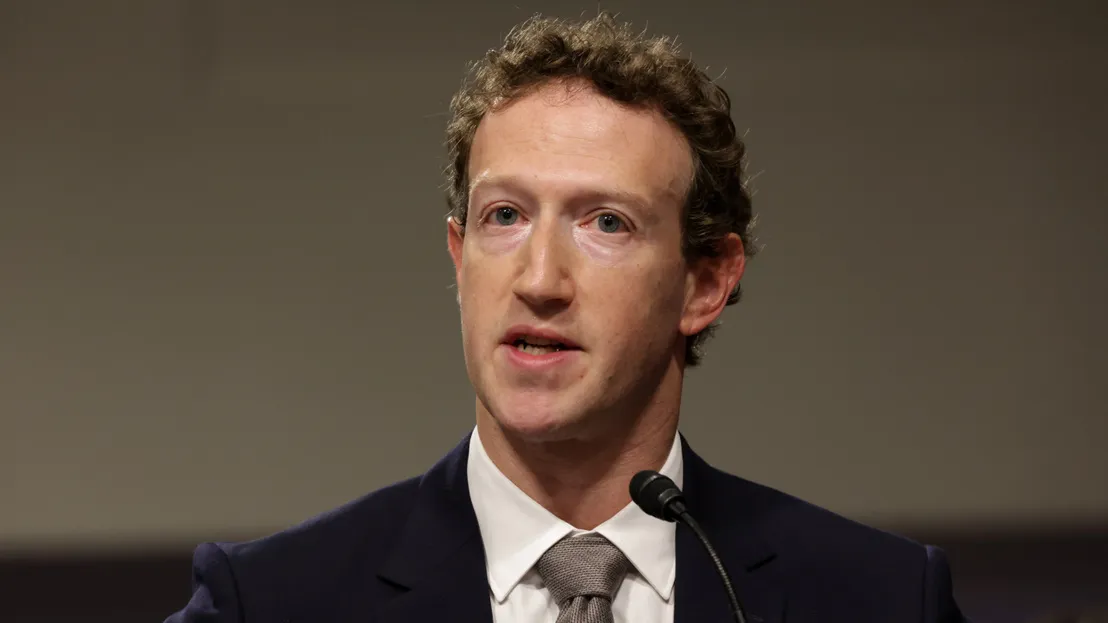
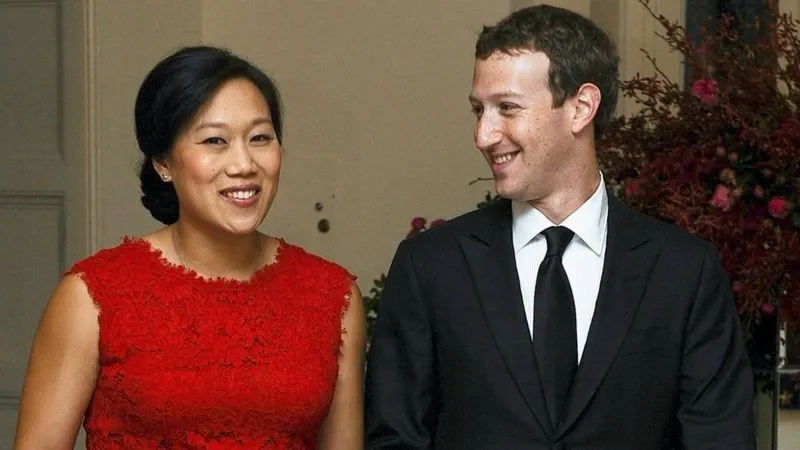
Mark Zuckerberg Buys Out Entire Neighborhood: Will His Kids End Up With No Friends?
The news that Mark Zuckerberg, CEO of Meta, has allegedly purchased nearly all the properties in his upscale neighborhood has stirred heated public discussion. For years, the tech billionaire has made headlines for acquiring vast swaths of land in Hawaii, snapping up multiple homes in Silicon Valley, and expanding his real estate empire. But this latest development raises questions beyond property value and privacy—it shines a spotlight on his family life, particularly the childhood his kids may experience while growing up in near isolation.
The Billionaire and His Quest for Privacy
Zuckerberg’s appetite for land is no secret. Reports detail how he has bought multiple adjacent properties near his Palo Alto home, paying premiums to convince homeowners to sell. In Hawaii, he famously assembled hundreds of acres of oceanfront land, sparking debates about whether such moves displace local communities. His latest purchases suggest a clear pattern: creating an exclusive bubble of privacy for himself and his family.
From a security perspective, the motivation makes sense. As one of the world’s most recognizable billionaires, Zuckerberg faces immense risks to his safety. Buying out neighbors ensures tighter control over who enters his immediate surroundings. For Meta’s CEO, the neighborhood becomes less of a community and more of a fortress.
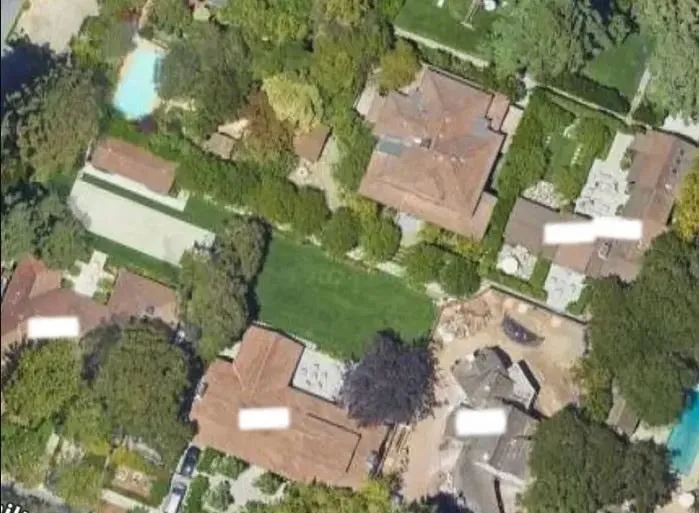
The Question of Childhood Friendships
The part that intrigues many is not Zuckerberg’s need for privacy—it’s how this isolation might affect his children’s social lives. Critics and fans alike are wondering: If Zuckerberg owns the whole block, who will his kids play with?
Childhood friendships are often built organically—playing outside, biking around the block, or visiting a neighbor’s house. By removing the neighborhood element, Zuckerberg risks limiting his kids’ ability to form the kind of spontaneous, everyday relationships that shape emotional growth.
Of course, the billionaire family has endless opportunities to cultivate friendships through schools, travel, and private social networks. But skeptics question whether that can truly replace the richness of living among peers in a community setting.
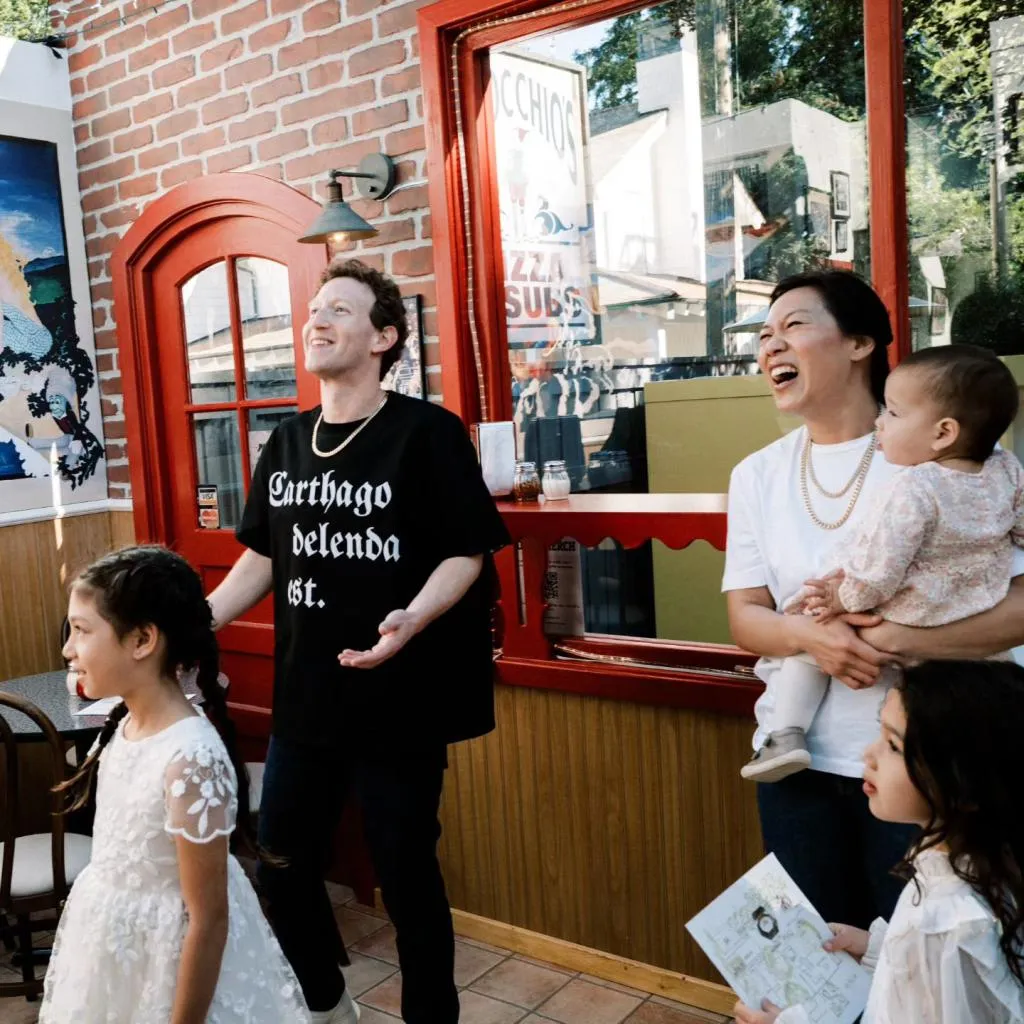
A Fortress of Wealth
Observers note that Zuckerberg’s property-buying habits align with broader trends among billionaires. Elon Musk, Jeff Bezos, and Bill Gates have all invested in securing their homes through extreme privacy measures. Yet Zuckerberg’s approach feels unique in scale. Instead of fortifying one property, he seems determined to reshape entire neighborhoods.
The result is a bubble—literally. With fences, security systems, and ownership of surrounding lots, Zuckerberg is creating an environment where his children are shielded from much of the outside world. For some, this looks like protection. For others, it feels like overprotection, bordering on social isolation.
The Role of Technology in Their Social Lives
It’s ironic that Zuckerberg, whose company Meta builds social platforms like Facebook, Instagram, and WhatsApp, may be raising children with limited real-world neighborly interactions. While the internet has made global friendships easier, experts argue that face-to-face socialization is still critical in childhood development.
Relying too heavily on curated, scheduled playdates or digital connections may not give the same benefits as casual neighborhood bonds. This tension highlights the paradox of Zuckerberg’s world: he is building tools to connect humanity while possibly disconnecting his own kids from everyday community life.
Public Reactions
The news has triggered mixed reactions:
-
Supporters argue that Zuckerberg has every right to use his wealth to protect his family. They see the purchases as smart investments and practical steps given his global fame.
-
Critics worry that this reinforces the image of billionaires as detached from normal society. Some accuse Zuckerberg of “buying isolation” at the expense of his children’s development.
-
Parents online have been particularly vocal, debating whether they would make the same decision in his position. Many say they understand the desire for privacy but fear the long-term social costs for the kids.
Historical Parallels
This isn’t the first time the children of wealthy or famous figures have grown up in isolation. Royal families, Hollywood celebrities, and politicians’ kids have often lived behind gates and guards. Some thrived in those circumstances, while others later spoke out about loneliness and the lack of normal childhood experiences.
The comparison raises an important point: money can buy safety, but it can’t guarantee happiness. Zuckerberg’s children may enjoy every material comfort imaginable, but whether they feel a sense of belonging outside their bubble remains to be seen.
Balancing Security With Socialization
Experts in child psychology suggest that the key lies in balance. Yes, Zuckerberg’s wealth and fame make extraordinary security measures necessary. But it is equally important to ensure his kids interact with diverse groups of peers. Whether through schools, extracurricular activities, or carefully managed community involvement, opportunities for organic friendships should not be overlooked.
The challenge for Zuckerberg and his wife, Priscilla Chan, will be fostering those opportunities while maintaining the privacy they clearly value.
What This Says About Billionaire Culture
At a broader level, Zuckerberg’s real estate decisions reflect the widening gap between the ultra-wealthy and ordinary families. While most parents worry about school districts and safe neighborhoods, billionaires buy entire blocks. This creates symbolic walls as much as physical ones, reinforcing the idea that wealth can insulate individuals from the everyday challenges of society.
It also sparks debate about community itself. If those with the most resources retreat into private compounds, what happens to shared public life? Critics argue that it accelerates a trend toward isolation and detachment among elites.
Could His Kids End Up Lonely?
The central question remains: Will Zuckerberg’s kids grow up without friends? The answer likely depends on how their parents navigate this unusual lifestyle. While they may not have neighborhood friends in the traditional sense, they will undoubtedly have access to elite social circles, private schools, and international experiences that most children can only dream of.
The real issue is whether those carefully curated interactions will provide the same grounding as playing tag in a backyard with the kids next door. For many, the answer is no. Genuine, unplanned socialization is irreplaceable.
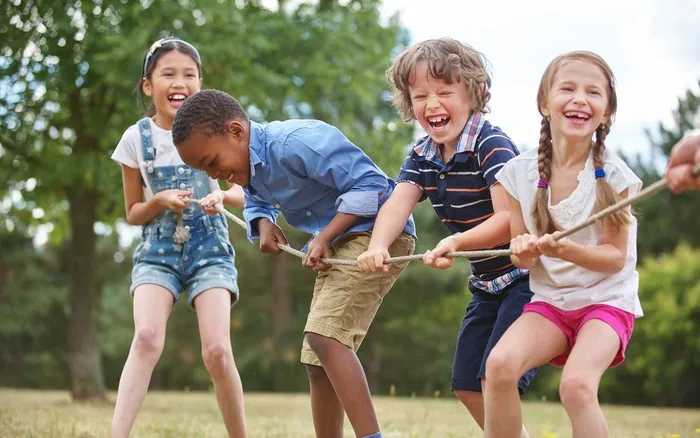
Conclusion
The story of Mark Zuckerberg buying out his neighborhood highlights the tensions of extreme wealth: privacy versus community, safety versus social development. For Zuckerberg, the decision may feel practical, even necessary. But for his children, the impact on friendships and a sense of belonging could be profound.
As the public debates whether this isolation is a blessing or a curse, one thing is clear: Zuckerberg’s choices extend far beyond real estate—they touch on questions of childhood, society, and what it truly means to live in community. His kids may grow up surrounded by unimaginable privilege, but whether they grow up surrounded by friends remains an open question.








